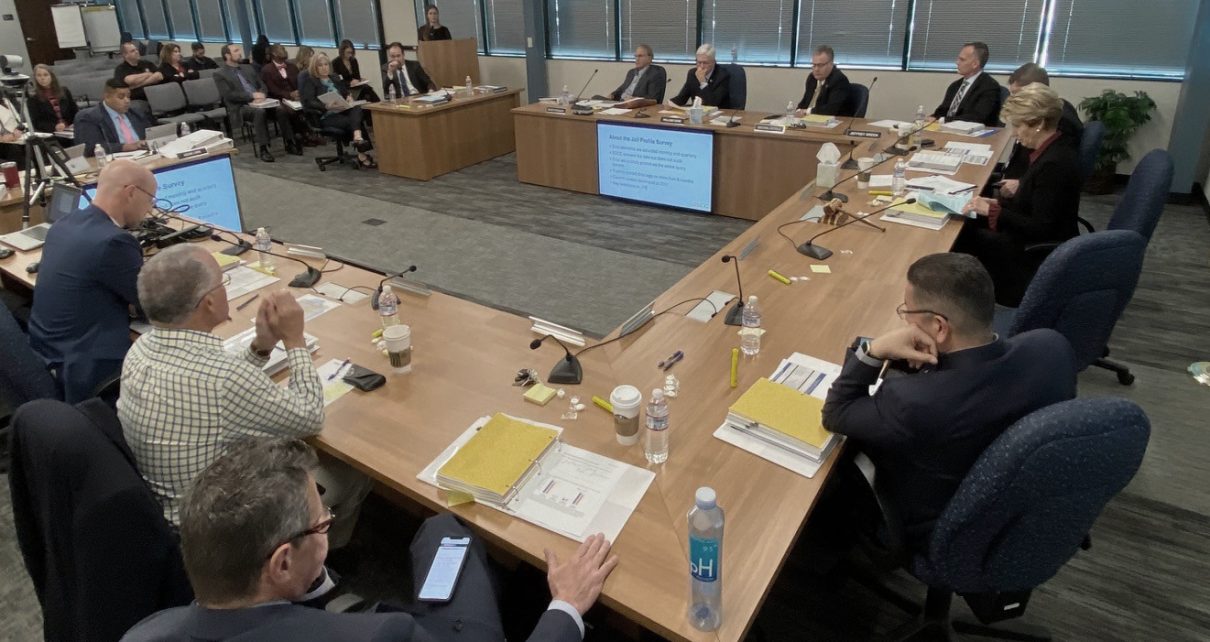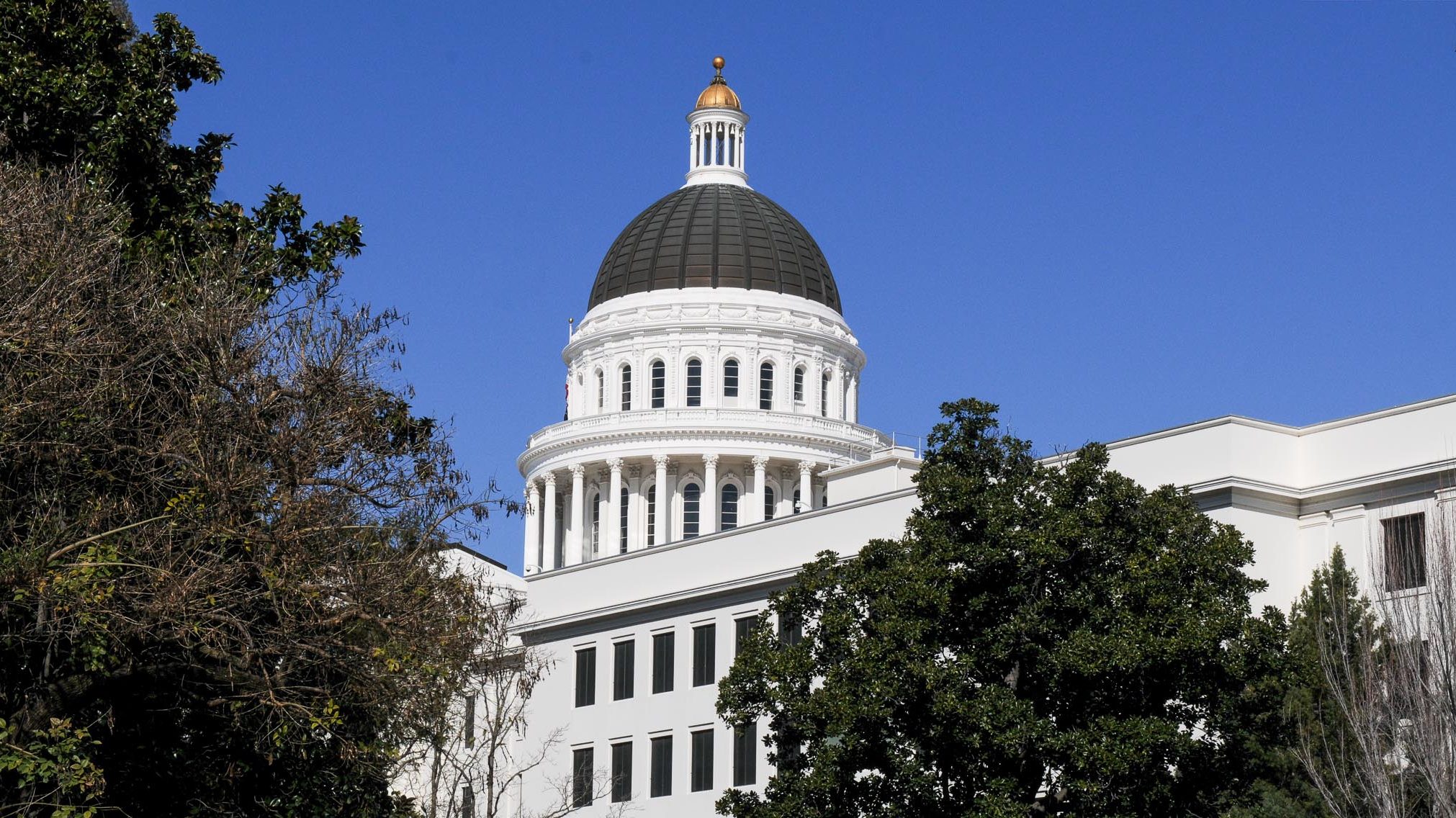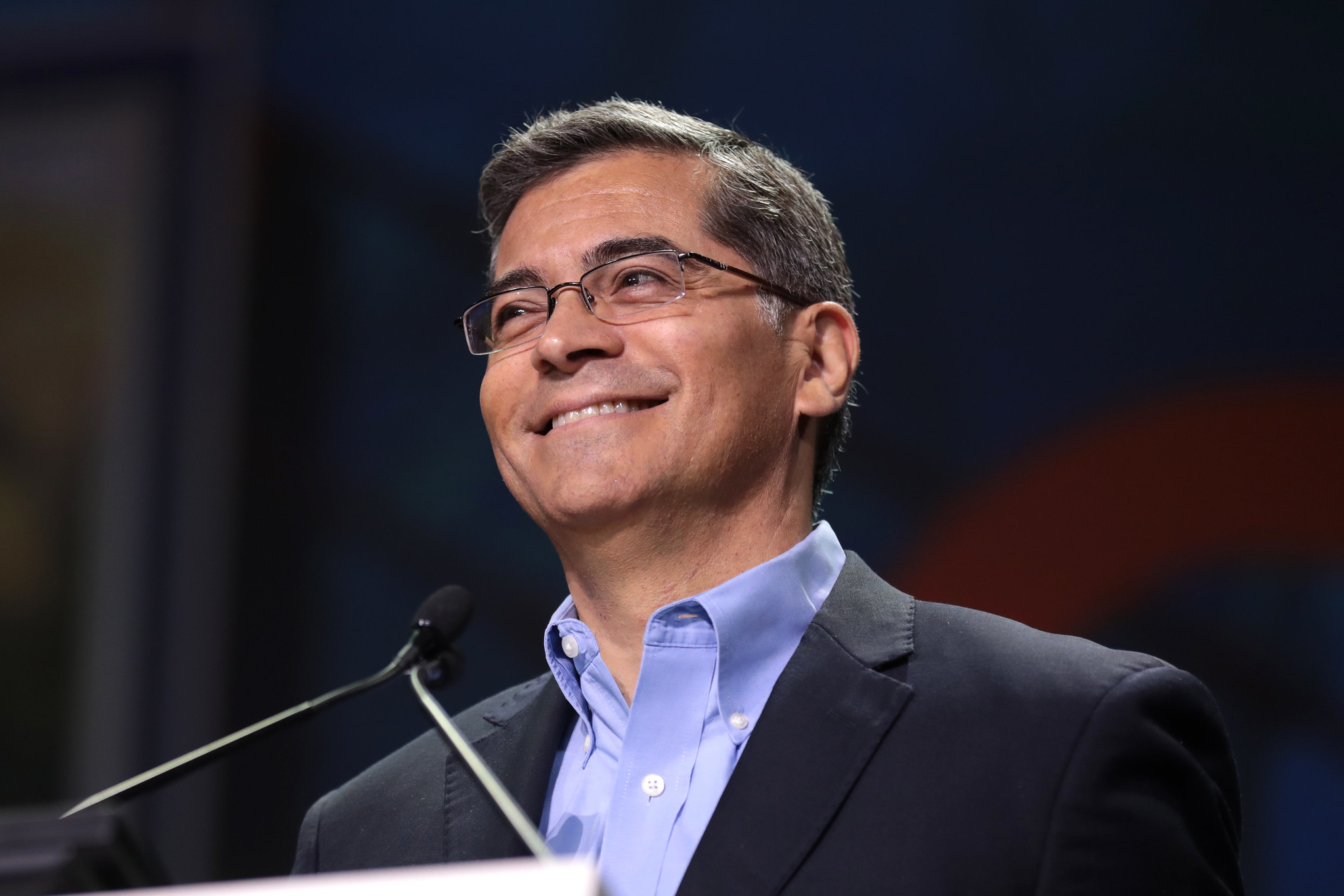
Board of State and Community Corrections. (Photo: bscc.ca.gov)
California Corrections Board ‘Unfairly Awarded, Inadequately Monitored’ Federal COVID Funds
State Auditor says Board of State and Community Corrections’ rebuffs audit recommendations
By Katy Grimes, November 15, 2021 8:18 am
The California State Auditor recently released an audit of the Board of State and Community Corrections’, which found that the board “unnecessarily delayed, unfairly awarded, and inadequately monitored federal Coronavirus Emergency Supplemental funds. Adding insult to injury, the board left money on the table risking the State having to return unspent or misused funds to the federal government.
This should come as a surprise to no one.
The Auditor outlines how the board “unfairly awarded, and inadequately monitored federal Coronavirus Emergency Supplemental funds:”
Despite telling the U.S. Department of Justice that it would use a grant to award CESF funds to state, county, city, and tribal agencies, Community Corrections deviated from this approach. Specifically, Community Corrections provided $22 million in CESF funds to the California Department of Corrections and Rehabilitation (CDCR) outside of the grant process and without assessing CDCR’s specific COVID‑19‑related needs or the associated costs.
These are very serious allegations:
In addition, Community Corrections did not make funds available to cities and tribes, and it failed to consider the impact of COVID‑19 when it allocated funds to the counties.
Moreover, Community Corrections delayed CESF funding to counties for nearly one year, depriving them of emergency assistance during the height of the pandemic throughout 2020. Had Community Corrections considered the impact of COVID‑19 and the urgency of these funds, it could have provided greater assistance to the counties most affected by COVID‑19 and as much as eight months earlier.
The Auditor says Community Corrections made the process “overly burdensome:”
Specifically, Community Corrections required counties to form local advisory committees and pass 20 percent of the funds through to community‑based organizations—requirements that were time‑ and resource‑consuming when counties faced an unprecedented pandemic.
In fact, nearly half of the eligible counties did not apply for CESF funds, and representatives from some counties we interviewed attributed the burdensome requirements as their reasons for not applying. Further, Community Corrections unfairly awarded funds to some counties that did not meet all of the requirements, without informing all counties that it would provide leniency with certain requirements.
Finally, Community Corrections has neither effectively monitored recipients’ use of CESF funds, nor appropriately submitted the required fiscal, progress, and transparency reports to the federal government.
Of the more than $2 trillion the federal government allocated for Coronavirus Aid, Relief, and Economic Security Act, $850 million was made available to the U.S. Department of Justice (U.S. DOJ) to prevent, prepare for, and respond to the COVID‑19 pandemic (pandemic).
“California’s Board of State and Community Corrections (Community Corrections) applied for, received, and accepted responsibility for overseeing and reporting on the State’s use of its $59 million in CESF funds,” the California State Auditor reported. “Our review found numerous concerns with Community Corrections’ administration of these funds, including that it did not always justify its award of the funds, its allocation methodology did not fully consider the impact of the pandemic, and it lacks a plan to effectively monitor recipients’ use of the funds.”
What will happen to the Board for this mismanagement?
The State Auditor always makes strong and specific recommendations for improvement, and this recommendation was quite clear:
To ensure that CDCR and counties spend CESF funds appropriately and in a timely manner, Community Corrections should immediately develop and implement a plan to monitor the use of CESF funds, and it should obtain all required reports on time.
However, according to the Auditor, the Board wants nothing to do with accountability of the funds:
“Although Community Corrections asserted that it takes our audit report findings and recommendations seriously, it did not agree with our conclusions and it criticized some of our methodologies. Further, Community Corrections generally disagreed with our recommendation to revise its grant policies and procedures and it did not address our other recommendations in its response.”
Where did the $22 million go once the California Department of Corrections and Rehabilitation (CDCR) got it? According to the Auditor, “Community Corrections provided CDCR with $22 million in CESF funds without justification,” and of the initial $15 million, it appears that large amount of funding is in the wind:
The the initial $15 million award to CDCR. During the meeting, Community Corrections’ staff explained to the board that CDCR needed to release 8,000 inmates from prison by the end of August 2020 due to COVID‑19. To assist released inmates in need of transitional housing, staff explained that the Governor had requested that Community Corrections provide federal emergency funding to CDCR. However, Community Corrections did not require CDCR to provide any documentation to support its need for $15 million, such as a needs assessment that included the number of inmates it planned to house with CESF funds and the estimated costs of transitional housing for these inmates. Although it was responding to the Governor’s request to provide these funds to CDCR, we would have expected Community Corrections, at a minimum, to verify the number of inmates CDCR planned to house and the associated costs.
These are the 13 Board of State and Community Corrections Members who disagree with the State Auditor’s recommendations for correction:
- Linda Penner, Chair of the Board of State and Community Corrections – PDF
- Kathleen Allison, Secretary of CDCR – PDF
- Guillermo Viera Rosa, Director of Adult Parole Operations – PDF
- Dean Growdon, Sheriff of Lassen County – PDF
- Vacant: A county sheriff in charge of a local detention facility which has a BSCC rated capacity of over 200 inmates, appointed by the Governor, subject to Senate confirmation.
- Kirk Haynes, Chief Probation Officer of Fresno County – PDF
- Janet Gaard, Retired Judge, Yolo County – PDF
- Kelly M. Vernon, Chief Probation Officer of Kings County – PDF
- Andrew Mills, Chief of Police of Santa Cruz – PDF
- Scott Budnick, Founder of Anti-Recidivism Coalition (ARC) – PDF
- David Steinhart, Director of Juvenile Justice Program Commonweal – PDF
- Norma Cumpian, Women’s and Non-Binary Services, Associate Director, Anti Recidivism Coalition – PDF
- Cindy Chavez, Santa Clara County Supervisor – PDF
- New BLS Data Shows Union Membership Drives Falling Flat - February 19, 2026
- NY Federal Reserve Tariff Report an ‘Embarrassment’ - February 19, 2026
- Legislation Would Conceal California High-Speed Rail Records from Public - February 18, 2026





In other words…
Keep the windfall Covid funds coming.
15 million taxpayer dollars are unaccounted and the 13 members of the State Community Corrections Board take issue that they have to be responsible for the mismanaged funds.
Par for the course.
To answer the question, “Are you surprised”? No, just saddened and troubled that government funds are not being accounted for. Again, under the guise of a declared state of emergency.
Is there a bottom to this pit?
Bakersfield College is one of the original 15 California community colleges selected to offer a bachelors degree. Their program is in industrial automation and has a lot of expensive, high-tech equipment – electronics, industrial robots, and process control trainers are not cheap. I heard a rumor that the Bakersfield College administration wants to offer this program at Kern Valley State Prison in Delano. I can’t help but wonder if any of these Covid funds are being use to finance this Bakersfield College/CDCR experiment.
This audit reads like a mob boss indictment and it is not at all surprising, as you say. When outrageous stuff happens over and over and over again in the state of California, we quit being surprised, but are no less outraged. The list of the Board members responsible for this and who “disagreed” with the State Auditor’s methods and conclusions is no less surprising in their shady connection to this once we scratch the surface. Also helps to have seen such corruption with one’s own eyeballs in the non-transparent workings of state and local government.
If we get anything out of this latest scam — and I admit it’s not much — it is to note this corruption and to be cynical of any group calling itself a “local advisory committee” or any other officious-sounding but usually up-to-no-good group that often acts as a rubber-stamping operation for what appears to be money-laundering. Will we EVER find out what happened to the missing $15 million as long as the current crop of crooks are in charge? Or to the missing $31 billion EDD stash? Or to the One Billion Dollar Gov BYD deal? Or whatever other dirty operation is coming our way? Will there ever be accountability? With all my heart I hope there is but I’m also not holding my breath.
If this were in the private sector, ALL INVOLVED would be TERMINATED IMMEDIATELY…